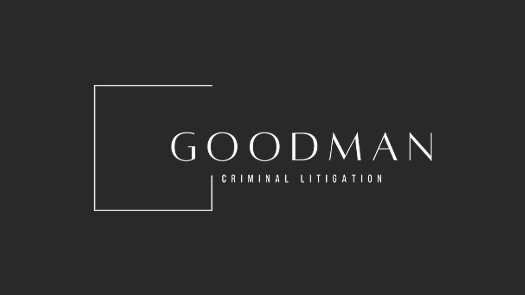In 2000, the state of California enacted Proposition 36 which officially established a drug diversion program for eligible defendants. Defined in Penal Code sections 1210-1210.1 PC and 3063.1, the proposition systematically established an alternative form of sentencing for persons who are found guilty of a drug crime offense in California. Specifically, the proposition calls for qualifying drug defendants to have their criminal charges dismissed, or even have their convictions dismissed, given their ability to successfully complete the court-approved drug treatment program assigned to them.
As defined in the proposition’s language, drug treatment programs encompass those programs in which a very specific set of criteria is offered to the defendants who attend. In order to meet the approval of the courts, a drug treatment program must offer at least one variation of the following: drug education, residential treatment, outpatient services, detoxification services, narcotic replacement therapy, and/or aftercare services. If at least one of the above components is not included in the drug program under consideration, it will not meet the court’s approval. Accordingly, the drug rehabilitation programs that are also offered in jails and prison systems do not meet the requirements expected by the court system.
The rehabilitation treatment program required by Prop 36 applies to both first- and second-time defendants whose convictions are related only to nonviolent drug possession offenses. For these individuals, up to 12 months of a substance abuse treatment program can be required in lieu of serving time in jail or prison. If necessary, based upon the needs of the defendant seeking treatment, an additional 2 periods of 6 months each can be applied to an individual’s treatment as well. Similar forms of punishment can be applied to parolees who are found in violation of the terms of their parole for a nonviolent drug possession offense.
Given the fact that California’s Proposition 36 can only be applied to cases of nonviolent drug offenses, it is vitally important that defendants understand which types of drug activity are considered to be nonviolent in nature, and which are classified as violent. Nonviolent drug offenses include being under the influence of any type of drug listed in the United States Controlled Substances Act. These types of offenses are also categorized by the possession or transportation for the personal use of any of these same narcotics.
Some of the most common drugs that are affiliated with nonviolent offenses include:
- Marijuana
- Cocaine
- Methamphetamines
- Heroin
- Ecstasy
- Ketamine, i.e. “Special K”
- Codeine
- Gamma-Hydroxybutyric Acid, i.e. “GHB”
- Vicodin
Defendants who wish to take advantage of California Prop 36 must first plead guilty or plead no contest to the nonviolent drug possession charge that was made in their name. Following this plea, the defendant must then be officially convicted for their drug offense after bench or jury trial. Only parolees (individuals who have been legally released from state prison on parole) are permitted to submit themselves to a drug rehabilitation treatment program. At this time, the judge working on your case will either modify the terms of your parole or instead place you on probation.
Once the full term of a drug rehabilitation program has been successfully completed, the defendant can petition the court to have his or her conviction officially dismissed. Successful completion of drug treatment entails a defendant’s ability to finish the course of the drug treatment program recommended to him or her, and be able to show that there is no viable reason to believe that they will continue to struggle with drug use/abuse. Assuming these conditions are met, the drug charges made against a defendant will be expunged and the defendant will be released from the penalties that would have gone along with the consequence of a conviction.
As the details of this blog describe, the drug rehabilitation programs touted by California Prop 36 are not easy; however, they can be effective in eliminating a defendant’s ultimate conviction. As such, the rehabilitation program is one that should not be overlooked by the criminal defense attorney who is selected to represent you in court. When you work with an Orange County drug crime lawyer from The Law Offices of Jacqueline Goodman, you can rest assured that the prospect of a drug rehabilitation treatment program will not be overlooked, nor will it be prematurely dismissed. Rather, we will do everything possible to help you escape conviction and penalties at all costs, and this includes utilizing the drug diversion programs offered to nonviolent offenders.


